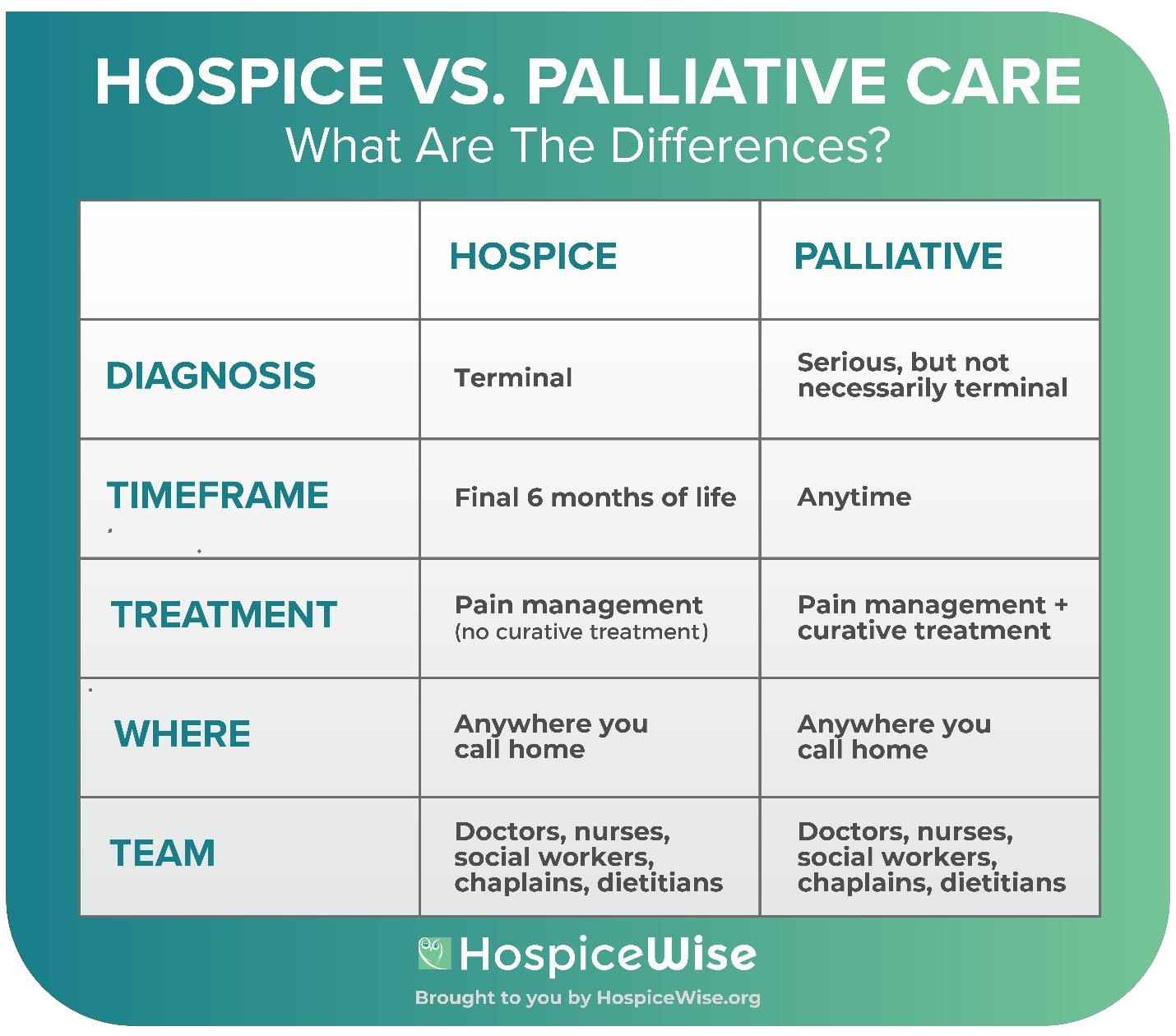8-year-old male admitted with cystic fibrosis reports the following symptoms:
- Shortness of breath
- Wheezing throughout lung fields
- Productive cough with thick sputum
A nurse is creating a plan of care for a newly admitted child. Which of the following actions should the nurse include in the plan?
Initiate droplet isolation precautions
Keep the child on NPO status for 12 hr
Maintain the child on bed rest for 24 hr
Administer high-dose antibiotic therapy
The Correct Answer is D
Administer high-dose antibiotic therapy.
Rationale:
- A. Initiate droplet isolation precautions is incorrect because cystic fibrosis is not transmitted by droplets, but by autosomal recessive inheritance.
- B. Keep the child on NPO status for 12 hr is incorrect because there is no indication for withholding oral intake in this child. The child needs adequate hydration and nutrition to prevent dehydration and malnutrition due to increased metabolic demands and mucus production.
- C. Maintain the child on bed rest for 24 hr is incorrect because bed rest can worsen the child's respiratory status by decreasing lung expansion and increasing mucus retention. The child needs to be encouraged to ambulate and participate in activities as tolerated to promote airway clearance and prevent atelectasis and infection.
- D. Administer high-dose antibiotic therapy is correct because the child has signs of a pulmonary infection, such as wheezing, productive cough, and thick sputum. Antibiotics are indicated to treat the infection and prevent complications such as pneumonia and bronchiectasis.
Nursing Test Bank
Naxlex Comprehensive Predictor Exams
Related Questions
Correct Answer is D
Explanation
- A. Discussing the suspicion of physical abuse with the provider is the appropriate action for the nurse to take. However, this should be done after the matter is reported to child protection services.
- B. Confronting the parents with the suspicion of physical abuse is not an appropriate action for the nurse to take, as it can escalate the situation and endanger the child or the nurse.
- C. Asking the hospital security to detain and question the parents is not an appropriate action for the nurse to take, as it violates the parents' rights and may interfere with the legal process.
- D.Contacting Child Protective Services is appropriate action for the nurse to take at this point as it is the nurse's legal responsibility to do so.
Correct Answer is A
Explanation

Hospice care includes bereavement support for the family for up to a year after the client's death.
- B is incorrect because the hospice nurse does not administer pain medication, but rather teaches the family how to manage the client's pain at home.
- C is incorrect because respite care is one of the services that hospice provides to allow the family to take a break from caregiving.
- D is incorrect because hospice care does not aim to prolong life, but rather to provide comfort and quality of life for the client and the family.
Whether you are a student looking to ace your exams or a practicing nurse seeking to enhance your expertise , our nursing education contents will empower you with the confidence and competence to make a difference in the lives of patients and become a respected leader in the healthcare field.
Visit Naxlex, invest in your future and unlock endless possibilities with our unparalleled nursing education contents today
Report Wrong Answer on the Current Question
Do you disagree with the answer? If yes, what is your expected answer? Explain.
Kindly be descriptive with the issue you are facing.
